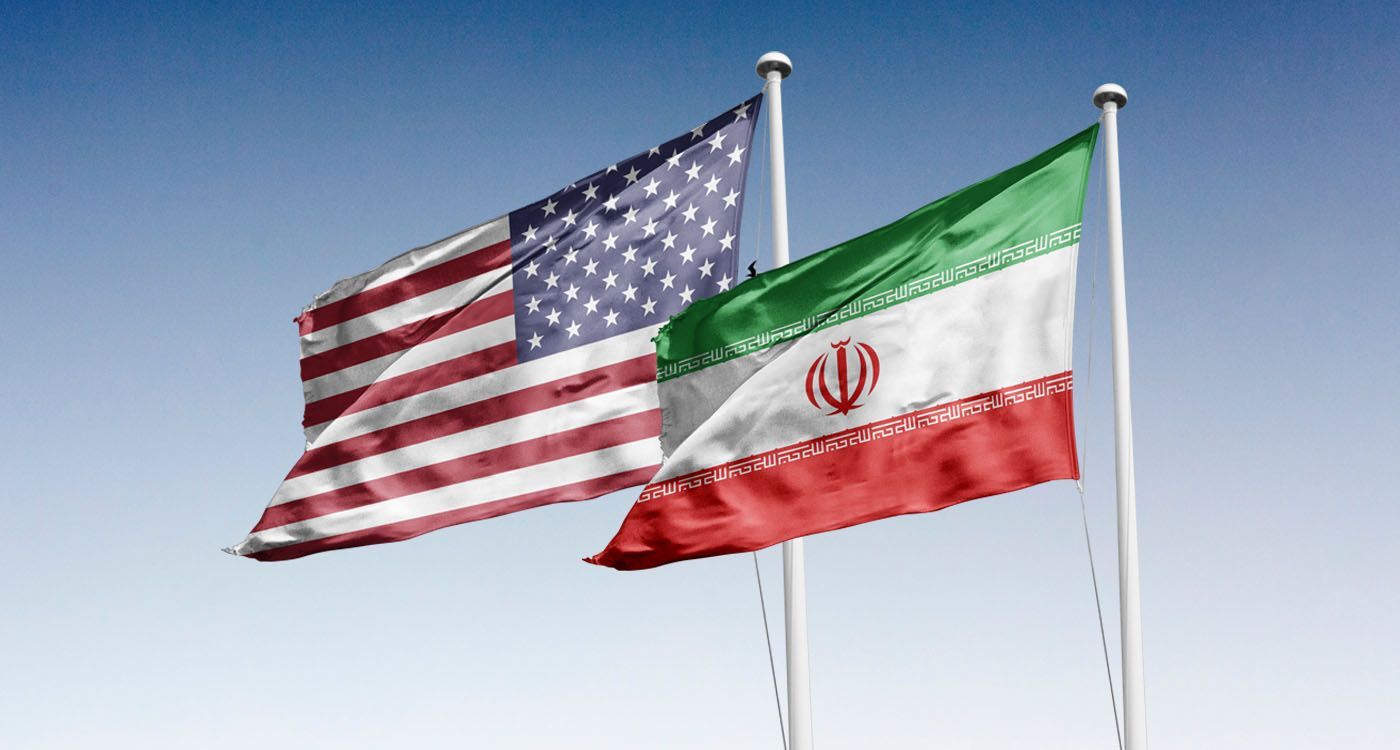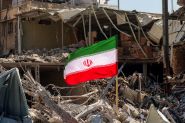- Home
- Middle East
- Iran and the Unresolved Dilemmas

©This is Beirut
Political observers are taken aback while trying to make sense of the Iranian regime's shifting postures. The first striking features are the ostensible cleavages among the Iranian concentric circles of power: moderates are deliberately engaging in the negotiations, while extremists are still jockeying. The second feature relates to the substance of negotiations and their impact on the scope and future of peacemaking, and the third feature is the relationship between international normalization and domestic liberalization. Manifestly, the Iranian regime is equivocal on the three accounts and doesn’t seem inclined to dispel the ambiguities.
The negotiations were basically motivated by the compounded economic crises, the shredded societal compact and the inability of the regime to earn back the trust of an alienated civil society. It has no other means but to pursue the politics of terror and savage repression internally and the politics of destabilization externally. Paradoxically enough, state terrorism is at its climax, and the politics of the “integrated operational platforms” at the Middle Eastern level is turning awry and is at the source of an inwardly generated erosion. All this at a time when the hypothetical alliances with the new totalitarian axis are illusory and self-deluding.
They are coming to the table with their unique asset, their dwindling ability to disrupt civil peace, stir inter-communal animosities, stoke Sunni-Shiite tensions, wreak havoc and cause major ecological disasters. Therefore, they prefer to stick to a single item related to the control of uranium production. This hackneyed strategy has proven irrelevant over time and doesn’t provide the requested momentum if these negotiations were to achieve peace.
The US negotiators are adamant about the integrated nature of the negotiation process while not reneging on the need for a sequenced strategy. Otherwise, the newly ushered Israeli strategic and political dynamic has set a final watershed between Iran and its Arab nemeses. Arabs and Sunnites are seizing on this highly prized political dynamic to reset the rules of the regional game. Saudis, Turks and Sunni jihadists are bent on launching their colliding respective agendas.
One wonders whether the Iranian order of priority is self-sufficient and able to unilaterally set the course of negotiations. The nuclear ambiguities are self-damning, unconvincing and unlikely to sustain the course. The US is clear about its objectives and is determined to enforce them. The Iranian regime's room for maneuver is circumscribed, and the tightrope policy has few chances of succeeding this time. However sequenced the modus operandi might be, it is unable to derail the integrated script and circumscribe the scope of the negotiations. The Iranian regime has one of two choices: either engage in the process of gradual normalization or prepare for the next war.
There are no more chances for waffling and procrastination in regard to dismantling nuclear weaponization, the strategic retreat from the Middle Eastern operational theaters and the incremental liberalization of the political system. This diplomatic narrative is going to drive a wedge between reformists, the well-entrenched conservative clerics and the Pasdaran. No matter what, the regime has lost its bearings and its ability to address the aggregated failures at both ends of the political spectrum.
The case of Hezbollah showcases the unraveling of the strategic plot devised for the Near East and epitomizes the cascaded downfall of Iranian power politics. The systematic annihilation of Hezbollah and the nonsensical attempt at its revival illustrate the degree of helplessness of the Iranian regime and its desperate efforts to salvage its wasted investments. The erratic behavior of the remaining cadre of this defeated political enterprise testifies to its incapacity to overcome the state of denial, reckon with the emerging strategic and political facts and come to terms with incoming challenges that run athwart the nurtured illusions and their utter disparagement. The reluctance to disarm and abide by the international mandates, disengage the civil war template and help normalize political and social life is putting civil concord at stake and questioning regional peace.
Their behavior partakes of the same behavioral pattern that prevails in Tehran and reflects the incapability to deal with the new realities. Totalitarian systems are incapable of gradual reformation; they usually implode under concurrent factors. Unfortunately, their final stages are highly hazardous since their only chance to survive is to seal what they know best: violence, civil wars and unhinged criminality.
Read more




Comments